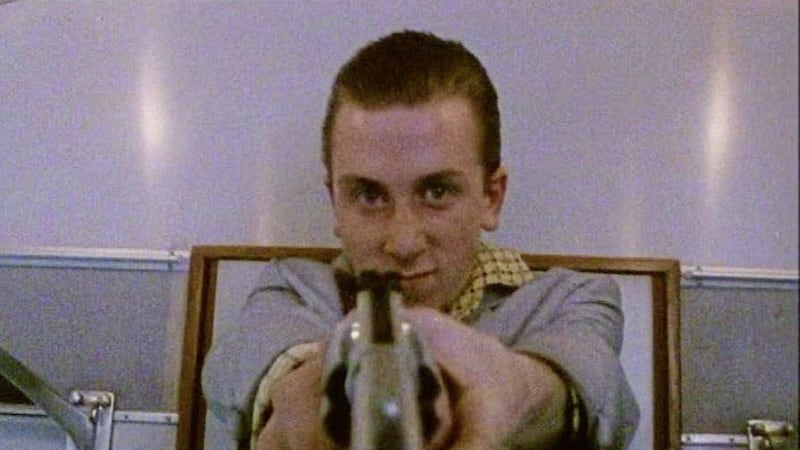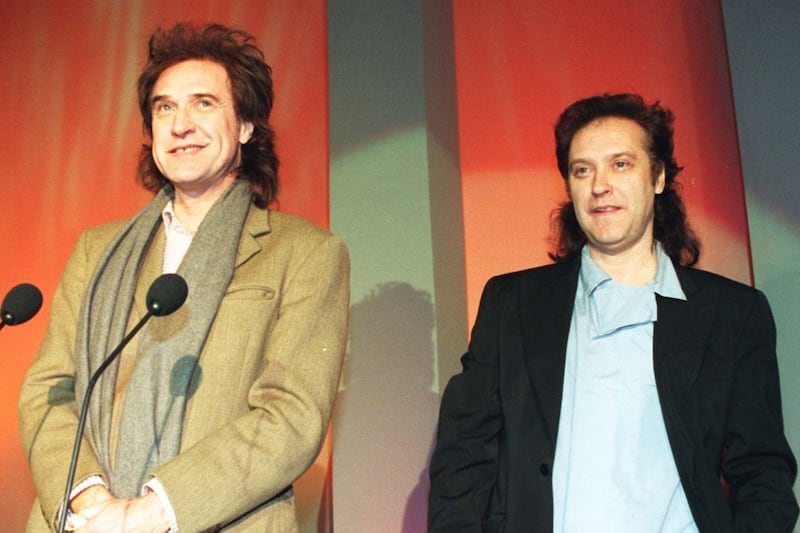RAY Davies has had a fair old stab at most artistic disciplines down the past five decades. As chief songwriter and frontman of The Kinks he delivered sublime pop peopled with lovelorn losers cut adrift in their suburban semis and complex concept albums about a long lost England in equal measure. As a solo artist, his work has proved just as interesting. There have been full-blown orchestral adventures, successful stage shows, deliciously scabrous volumes of autobiography and collaborations galore.
Only once, though, has Davies dipped his toe into the world of writing and directing a film himself. That production was Return To Waterloo. It screened one single Sunday evening on Channel 4 back in 1984 and unless you saw it on that debut outing – and as an unapologetic long-term Kinks craver I remember tuning in that night myself – chances are you'll never have heard of it.
Thankfully Weinerworld DVD have salvaged it from the 80s scrapheap of lost TV and watching it again is a revelation. A sly and acerbic study of suburban angst – always a favourite subject of Davies in song – it’s a short and bittersweet tale that is pure 80s but still sadly relevant today.
It is the story of The Traveller (Ken Colley) who wearily boards the morning train from Guildford to Waterloo every day of his working life. Sombre and secretive, his face bears a distinct similarity to the picture of the 'Surrey Rapist' that we see staring back from the front cover of a newspaper in the station. Is that why The Traveller stares creepily at every woman he sees on board? Is it because he’s missing his lost daughter? Or could his behaviour just be a product of his bored middle-class fantasies?
Davies keeps it enigmatic and allows the tale to unfold through his interactions with a series of fellow travellers. These include slick city bankers, gossipy old dears and a gang of angry young punks led by a young Tim Roth.
With hardly any dialogue, Davies tells his world-weary tale mostly through music. The result is a damning indictment of Thatcher-era austerity. We meet all kinds of characters from all walks of life. The songs veer from the suits braying hymns to capitalistic greed to the sheer violence of the punks who tear into the older generation of travellers as the train nears its destination. There’s even a role for celebrity agony aunt Claire Rayner who narrates the lyrics to Lonely Hearts at one point.
The music, as you’d expect, is top notch and the way the on-screen stereotypes and cynics burst into song brings to mind prime Dennis Potter at times. There’s a real anger at the hypocrisy of the English upper classes and the double lives and seedy lies that hover beneath the pin-stripe suit and old school ties of the establishment.
At only an hour long, this pointed attack on the small minds of middle England is more Play For Today than full-blown feature but it remains a huge achievement.








